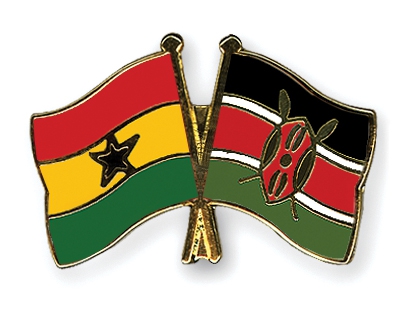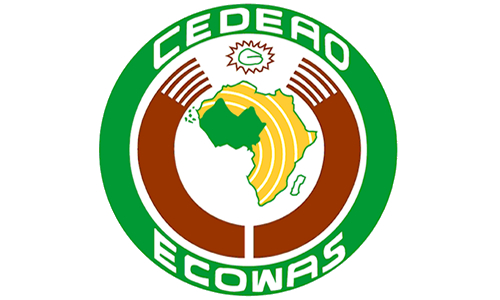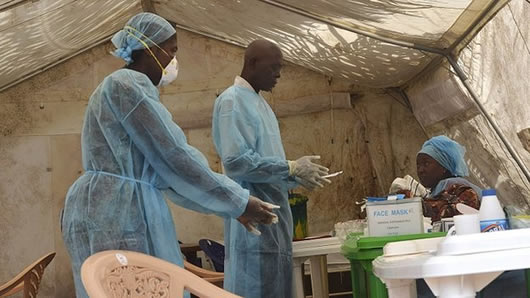 A team of environmental experts from Kenya were in the Upper East region to understudy Ghana’s Implementation of the sustainable land management projects (SLMP) in the Savanna region of Ghana.
A team of environmental experts from Kenya were in the Upper East region to understudy Ghana’s Implementation of the sustainable land management projects (SLMP) in the Savanna region of Ghana.
The 3 days tour took the team to communities such as Nagmog, Tilli and Balungu.
The SLMP which began in Ghana 2011 is expected to end in 2016 with funding support from the Global Environmental Facility.
The project was aimed at minimizing land degradation, rehabilitating degraded areas and ensuring optimal use of land resources for the benefits of present and future generations.
Briefing the team, Head of Natural Resource Unit of the Natural Resource Department of the Environmental Protection Agency (EPA), Mr. Isaac Charles Acquah said the adoption of land use systems through appropriate management practices enable land users to maximize the economic and social benefits from land while enhancing the ecological functions of the land resource.
He noted that the project had considerable local or on farm benefits including food security and easier maintenance of irrigation structures.
He emphasized that interventions had been land user-driven and the project had integrated more with land users own processes of innovation and adoption has had positive outcome.
He said the project encompassed other establishment approaches such as soil and water conservation, natural resources management, integrated ecosystem and involved a holistic approach to achieving productive and healthy ecosystems.
The team visited some communities that had benefited from the SLMP project in the region. The first point of call was at Nagmog a farming community in the Bawku West District. The delegation was met by the farmers and taken to the farms to inspect the tree plantation under cultivation.
They also interacted with the farmers on the impact of the compost making facility constructed under the SLMP scheme.
The next stop was Tilli also in the Bawku West District where the delegation visited the site for Guinea fowl rearing.
The Coordinator for the Guinea Fowl Project, Mr. Lazarus Akundi welcomed the team and briefed the members about how he began whilst in Junior High School with the helped of his late father whose main occupation was Guinea Fowl rearing.
He noted that the project had improved his livelihood as there was a high demand for guinea fowl from restaurants, individuals and organisations.
He said he obtained 150 eggs from the farm daily. He added that some of the eggs were sold for consumption whilst the remaining hatched to increase his stock of birds.
He informed the delegation that he was able to produce 100-160 Guinea birds per season and had 200 layers and 30 cockerels.
He said that the dropping from the farm were used as organic manure to cultivate his farm.
Mr. Akundi said he was also involved in other livestock activities such as rabbit, Goat and sheep rearing.
The last point of call was at the Balungu tree planting and adaptation site under the SLMP.
The project at Balungu involved women engaged in nursing of Shea seedlings and Shea butter production. According to the Madam Mary Azumah, leader of Balungu Women Tree Planting Association, the project started in 2008 with initial assistance from the Canadian International Development Agency (CIDA) to fence the nursery to prevent animals from destroying the seedlings.
She said the project employed over 30 women and they nursed more than 500 seedlings every year.
Madam Azumah further stated the project had enhanced livelihood of members as they engaged 19 women who filled the poly-bags with sand and earned little income for themselves.
She explained, “To provide us with alternative livelihood we have a Shea processing mill where Shea nuts are milled to make oil and pomade for sale to the public”.
Members of the Kenyan team were very impressed with the impact the SLMP was making on the lives of the local people in the areas visited. They said they had noted and picked useful lessons from their interactions with the communities and would definitely put them into practice on their return.
Source: ISD (Constance A.Takyi)







